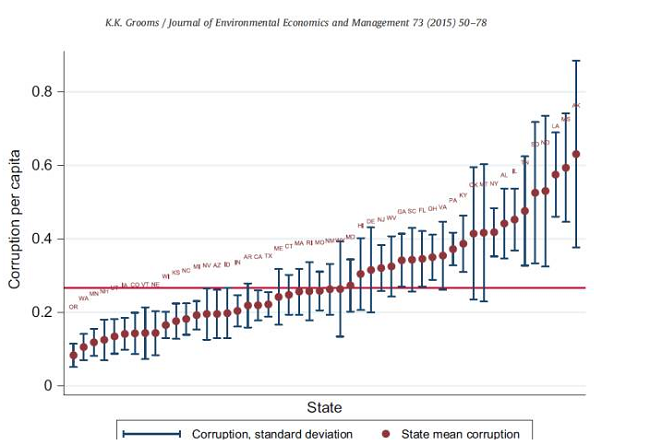Does Grassroots Democracy Reduce Income Distribution in China
观点 · 2009-09-23
返回Abstract: Using village and household survey data collected from 48 villages of eight Chinese provinces for the period 1986-2002, this paper studies how the introduction of village elections affects income distribution at the village level. We estimate both a static fixed-effect panel model and a dynamic panel model for the within-village Gini coefficient and take care of the endogeneity of the introduction of elections. The dynamic panel model shows that having election reduces the Gini coefficient by 0.04, or 14.3% of the sample average. We also find that elections tend to increase the income shares of poorer portions of the population. Further econometric analysis based on dynamic panel model shows that elections increase per-capita public expenditures by 271 Yuan, but do not increase the level or progressiveness of net or total income transfer in a village. Therefore, elections' positive role in reducing income inequality is not played through more income redistribution, but through more pro-poor public investment.
Keywords: Grassroots democracy, Income distribution, Dynamic panel model
 Does Grassroots Democracy Reduce Income Distribution in China.pdf
Does Grassroots Democracy Reduce Income Distribution in China.pdf




